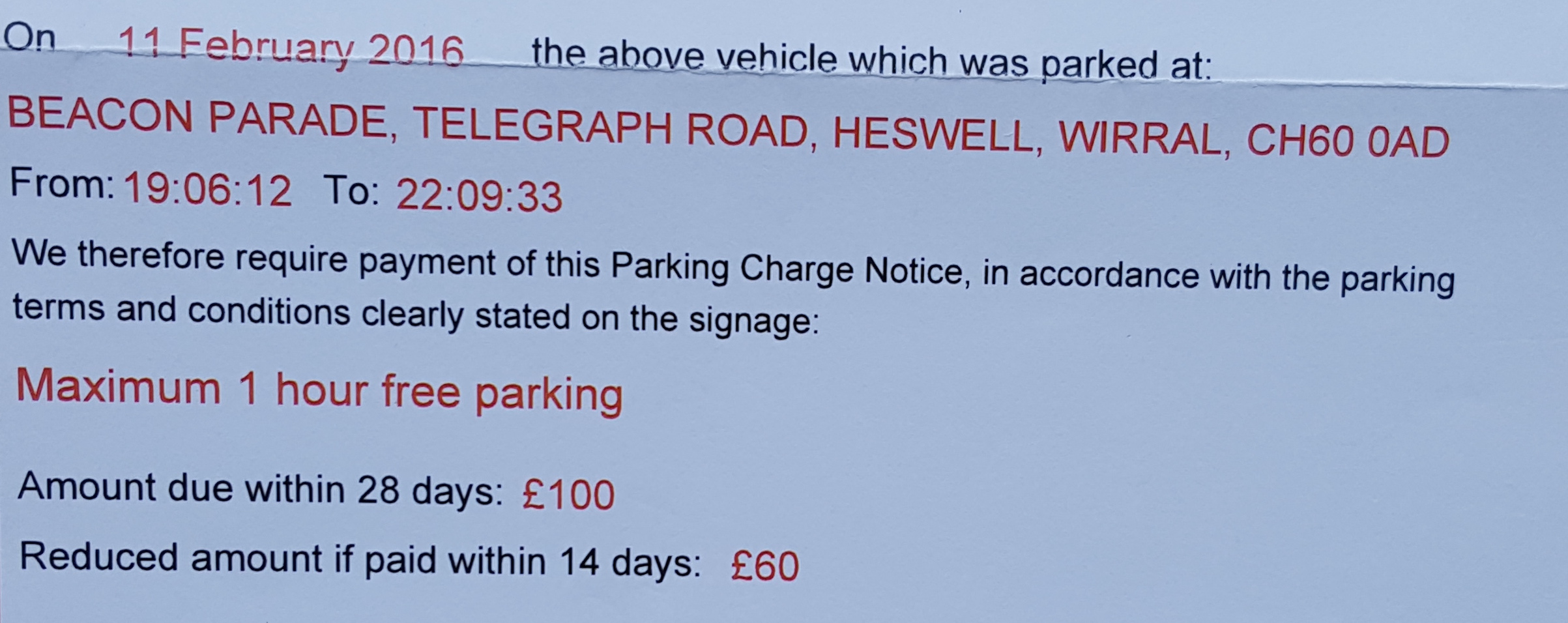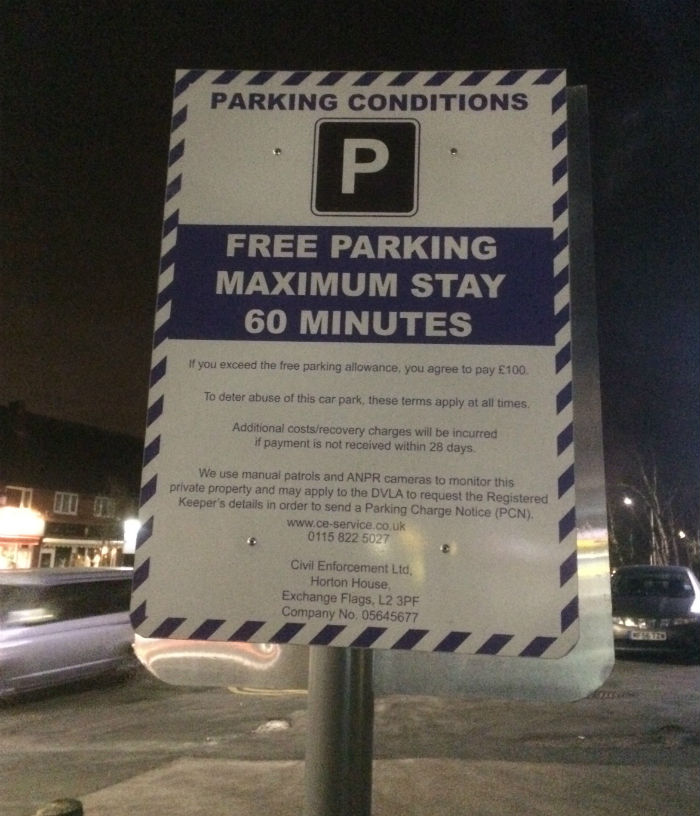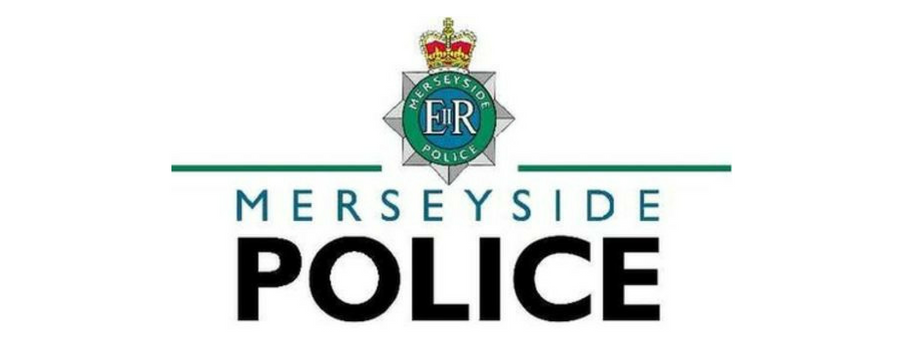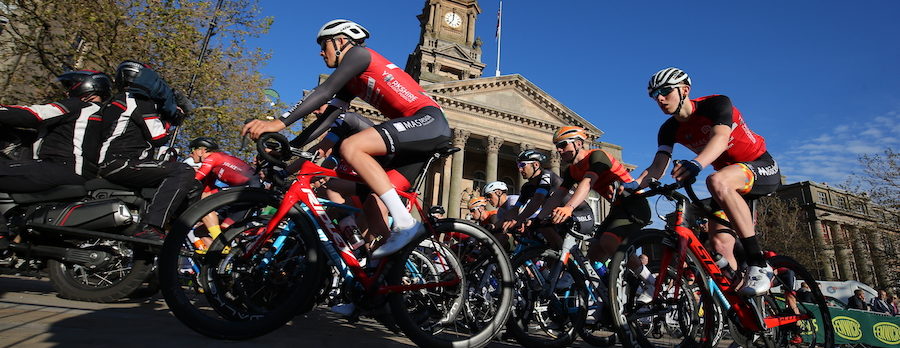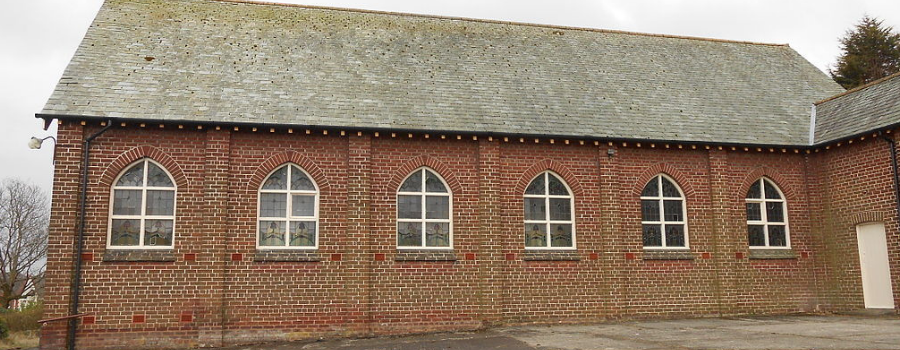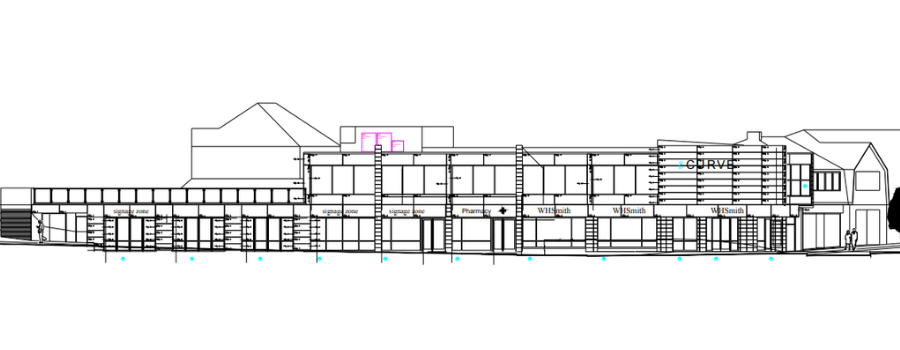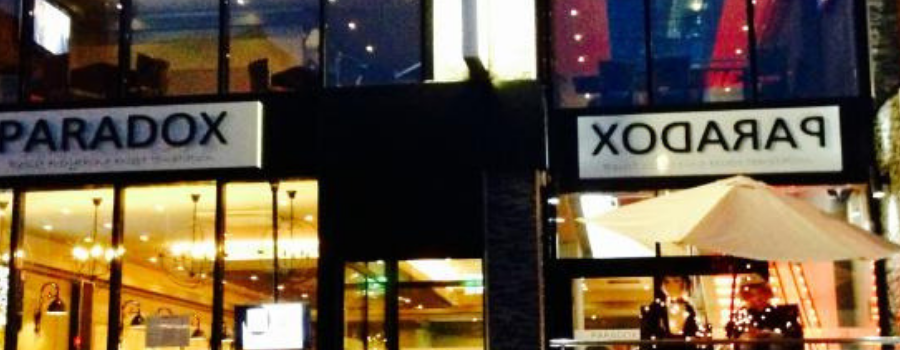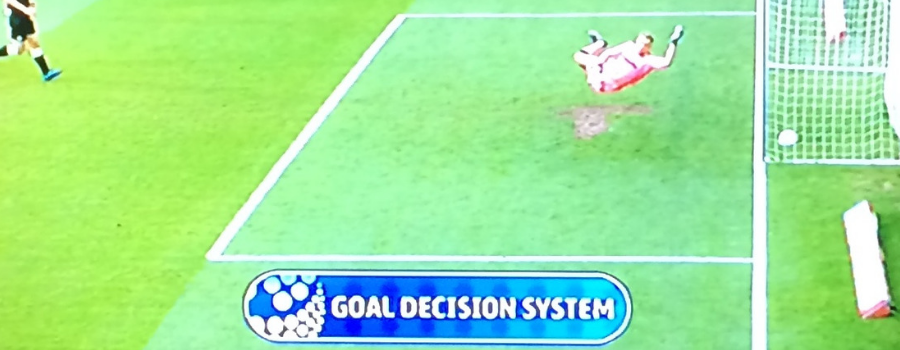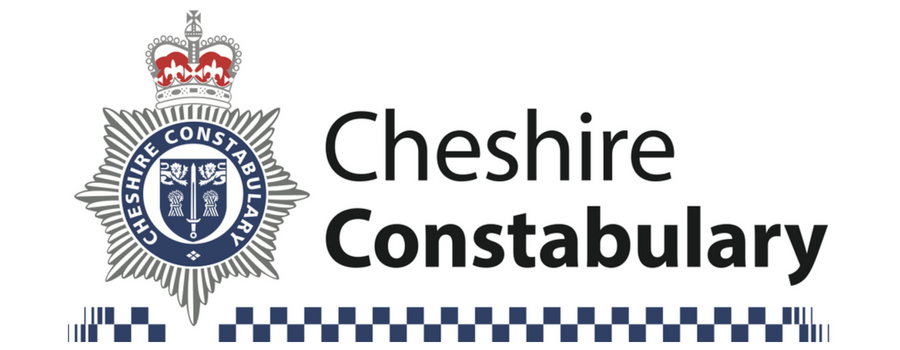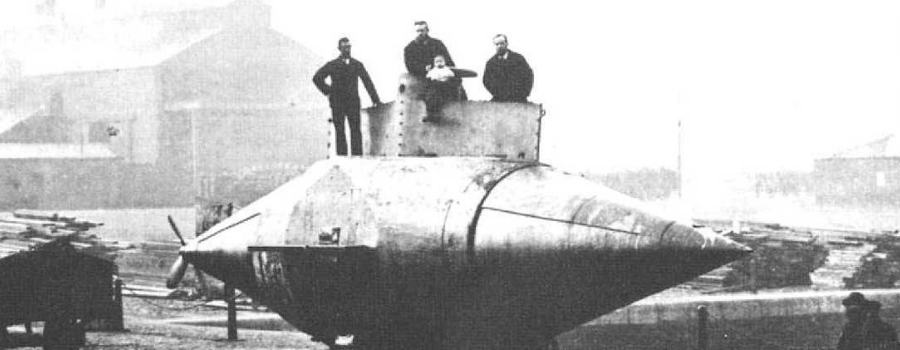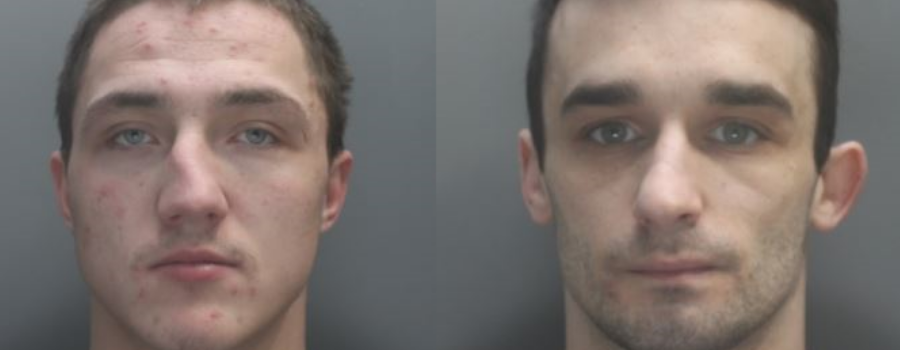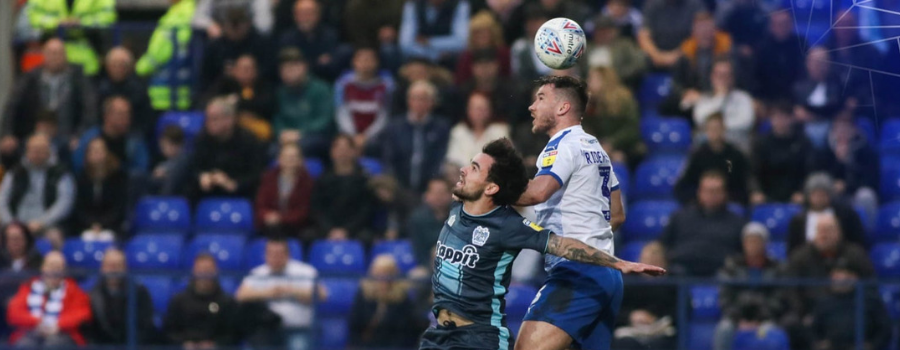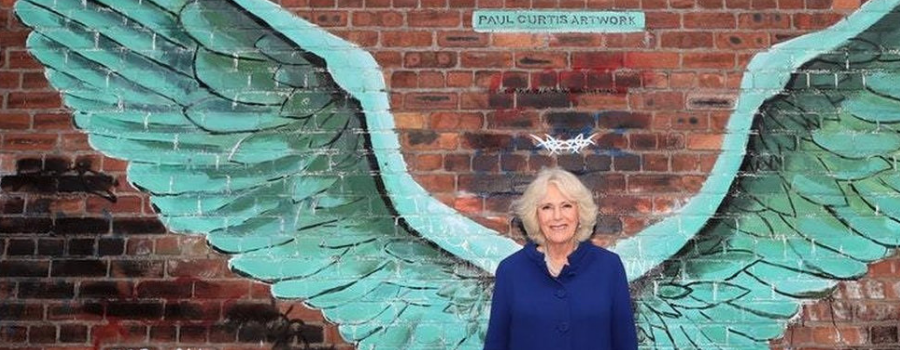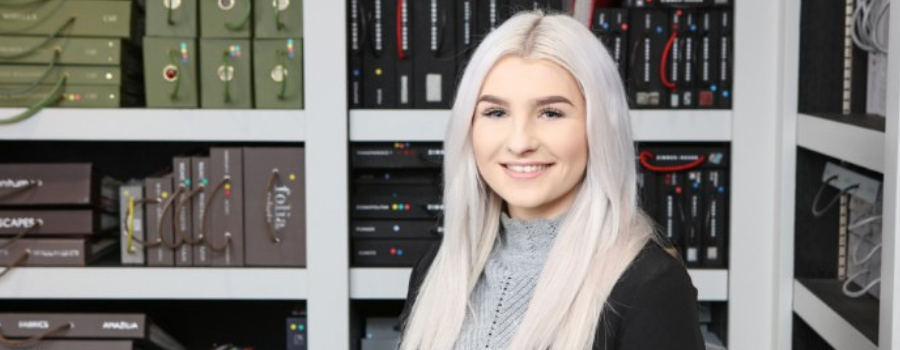A Heswall Today reader has asked us to alert drivers to the charges made for parking longer then the one hour maximum permitted in the bays outside the shops and businesses on Beacon Parade, Telegraph Road.
On February 11 she went for dinner at Sangs Restaurant and parked at 6 minutes and 12 seconds past 7. She left at 9 minutes and 33 seconds past 10.

The timings are so precise because parking on Beacon Parade is monitored by Automatic Number Plate Recognition cameras. These log the arrival and departure of vehicles. If they record one that overstays its 60 minute welcome they trigger an alert to the company that collects the penalty charges – in this case, Civil Enforcement based in Liverpool.
At Civil Enforcement an employee confirms the timings and then electronically requests the owner’s details from DVLA. If all systems are running properly these are sent to Civil Enforcement within a couple of hours. An invoice – it is not a parking ticket that you are legally required to pay – is then sent by second class post.
Our reader received her invoice several weeks after she had broken the Beacon Parade rules. The charge was £100 which would be reduced to £60 if she paid up quickly.
In fairness to the operators of the Beacon Parade parking regime, there are several signs that display clearly the one hour maximum stay, though the fact that this is a 24 hour rule and the site is monitored by ANPR cameras is in smaller print. Many people might also reasonably assume that the restriction does not extend beyond 6pm as this is common elsewhere, and not be minded to read the signage closely.
Nevertheless, stay longer than an hour, receive an invoice – and there is precious little you can do other than cough up unless you are prepared to fight in the Small Claims Court.
No matter how commonplace and frustrating these charges can be, they raise troubling questions.
When DVLA transmits vehicle owners’ details to a company that collects charges, individuals working there suddenly have access to sensitive information: name, gender, address, and so on. There is no reason to doubt the integrity of anyone working at Civil Enforcement, but even though they work under the umbrella of a Data Protection Certificate and have signed confidentiality agreements, it feels as if a more rigorous process like CRB checking might be more appropriate.
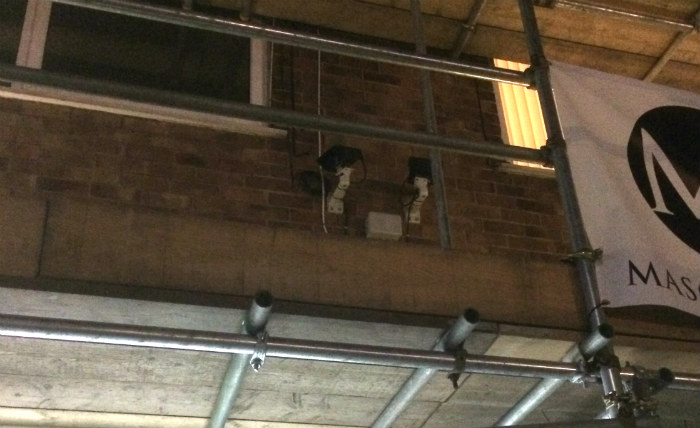
The British Parking Association, the trade body representing Civil Enforcement and similar companies, told us they believe the present system is adequate. A spokesperson said, “A man driving a car could easily follow a woman driver to her home.” In other words, there are already ways in which criminals could target unwitting motorists, so therefore ANPR cameras aren’t that big a deal.
This didn’t seem to address the point.
We tried to call Civil Enforcement to seek their views as the number the company supplies on its website offers either an automated payment system or the chance to speak to an operator. In reality it provides only the former and not the latter.
There is also this question: why should DVLA be allowed to sell our details to businesses that collect parking charges? The practice has already been deemed not to contravene the Data Protection Act, but there is also the financial angle. Our reader has already paid the government by buying a driver’s license and road tax, and now has to pay more in order for her own data to be used against her as clearly the cost of accessing it will be passed on to her.
Each time DVLA sends details to a private parking company it is paid £2.50. In the financial year 2014-15, DVLA received £8.3m in income from this source. That means parking companies made 3.3 million requests. Any clutching at the straw of a massive benefit to the taxpayer is quickly dispelled by the knowledge that it cost DVLA £8.1m to provide this information. So DVLA made just £200,000 from the arrangement, and private companies benefited from a free, £8.3m service funded by Joe Public.
As we have said before, parking is such street sorrow.


